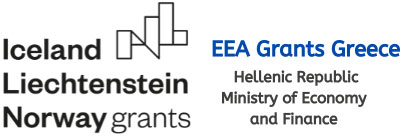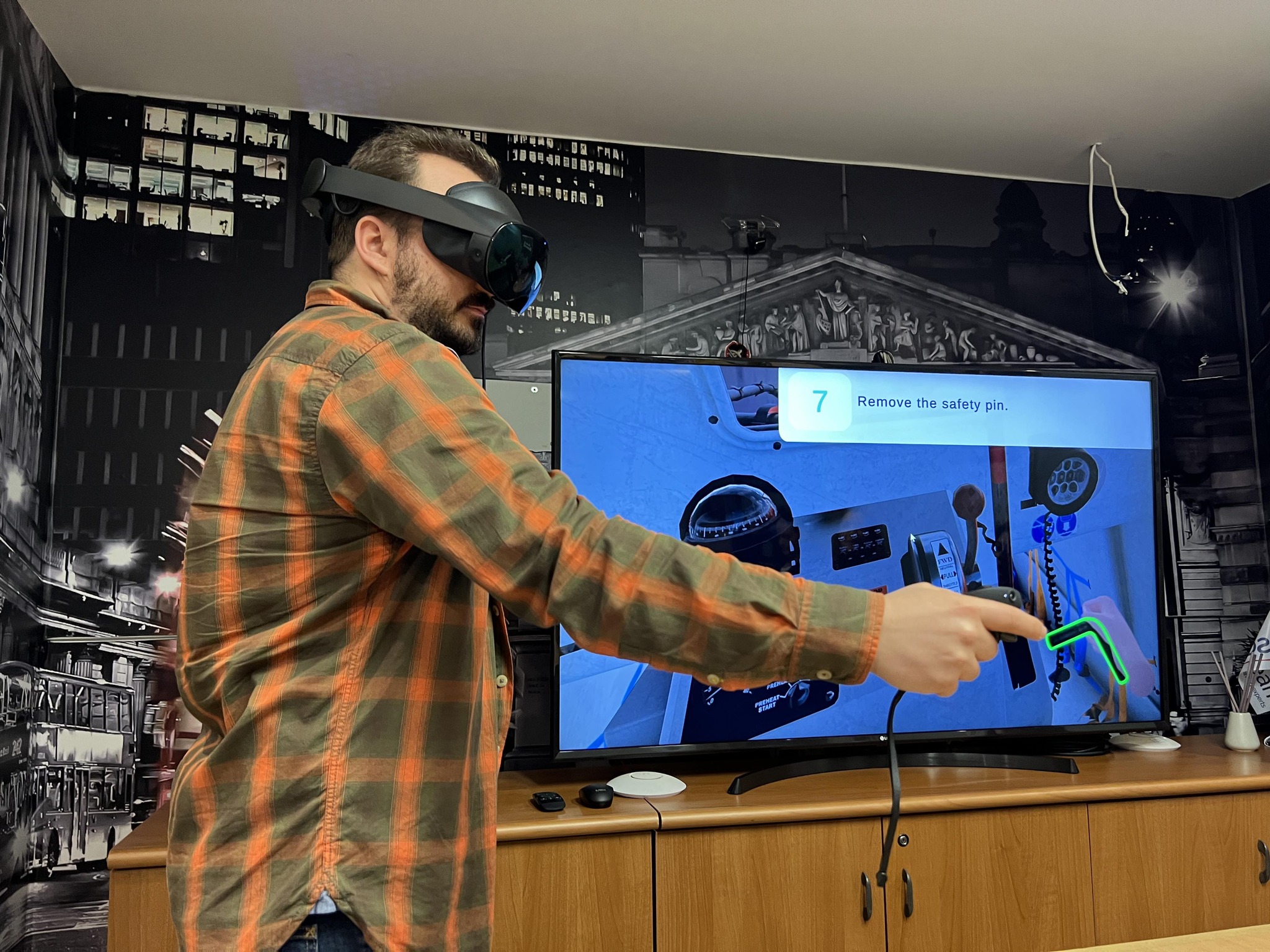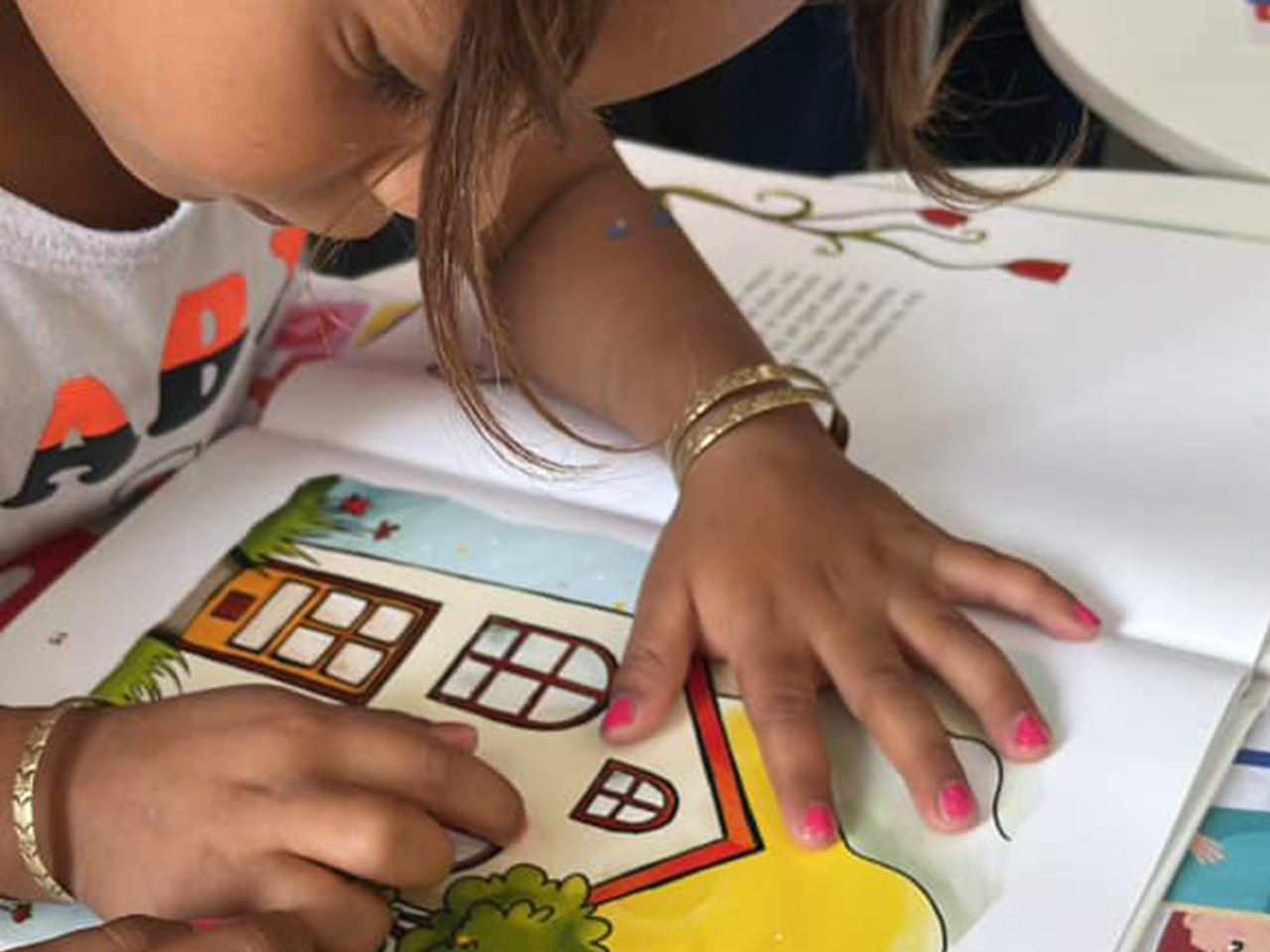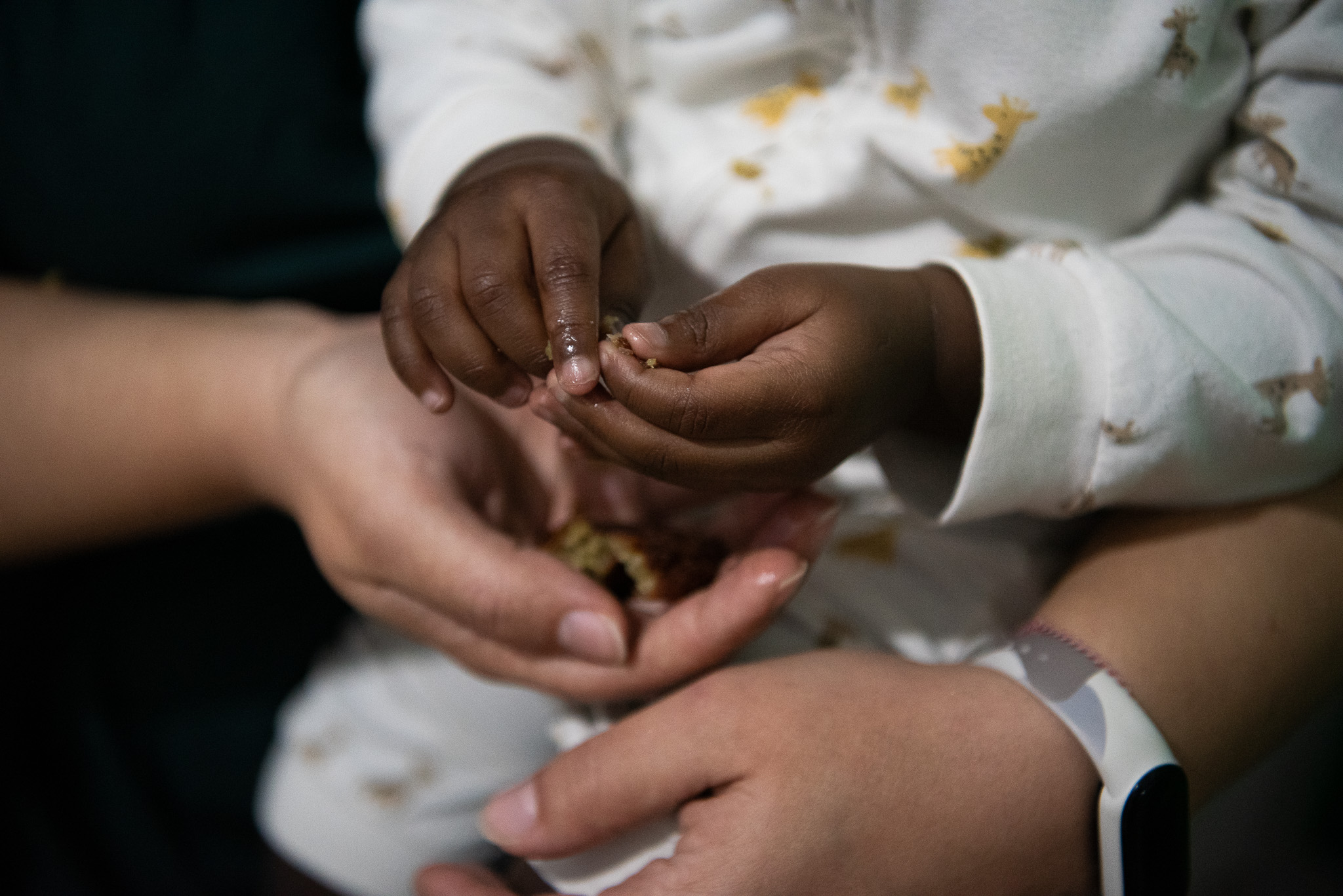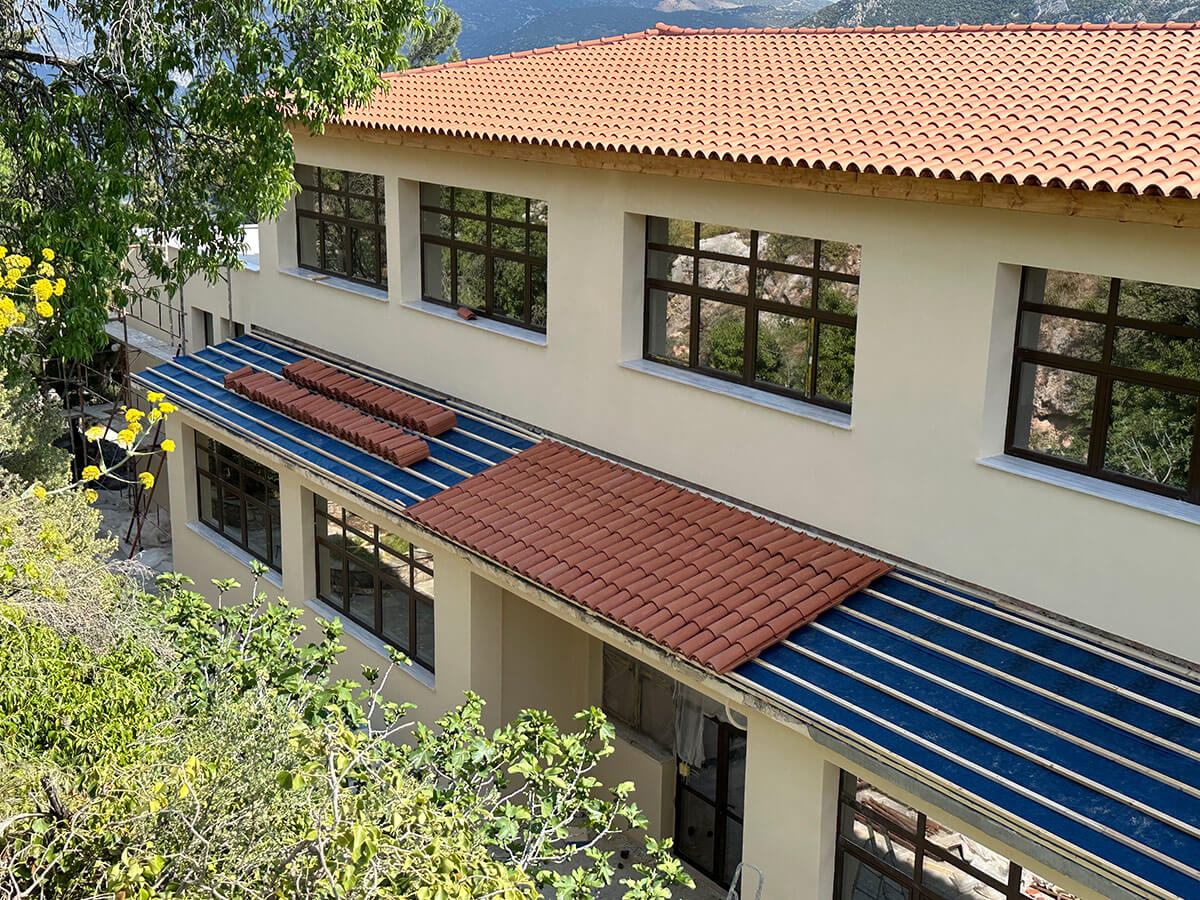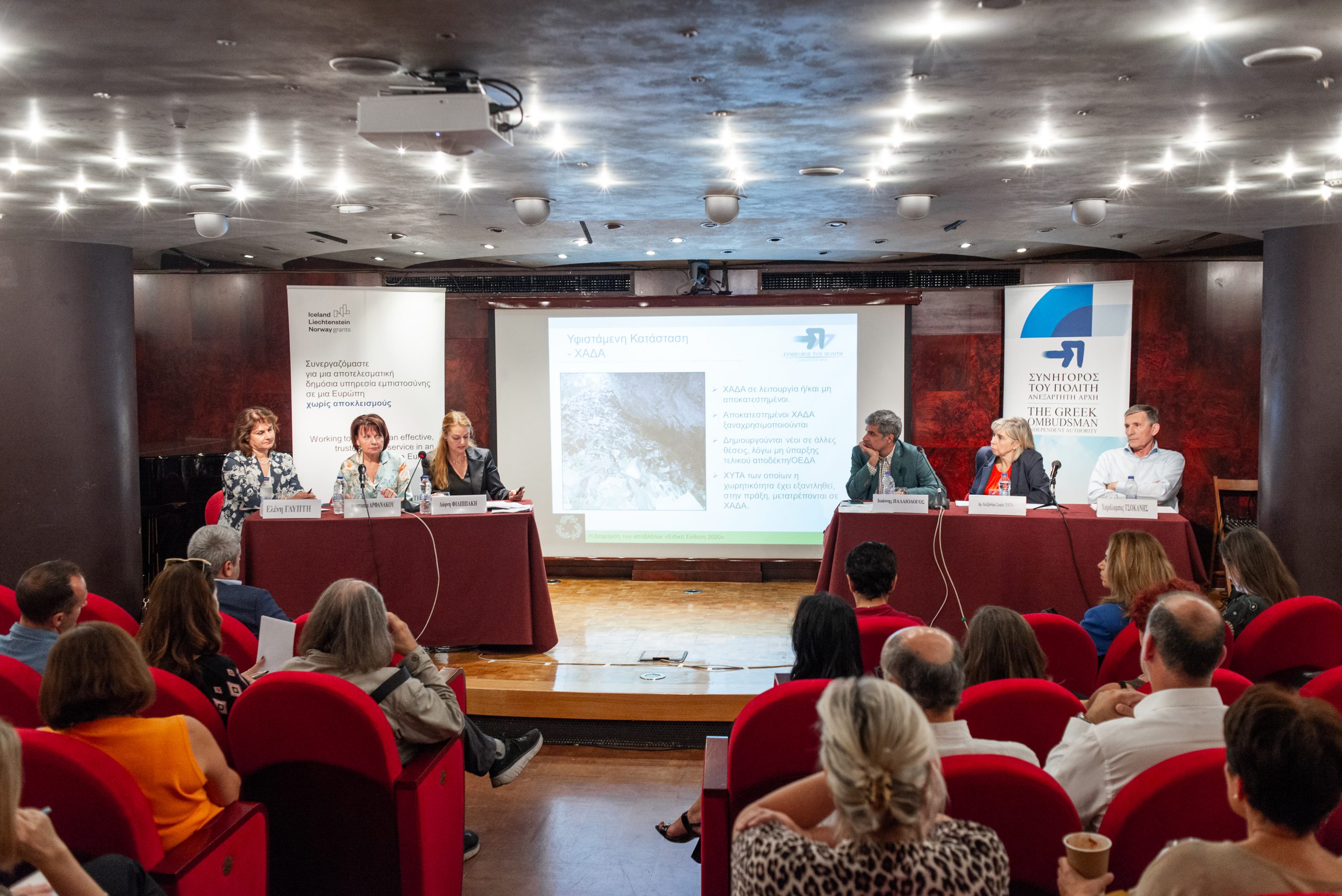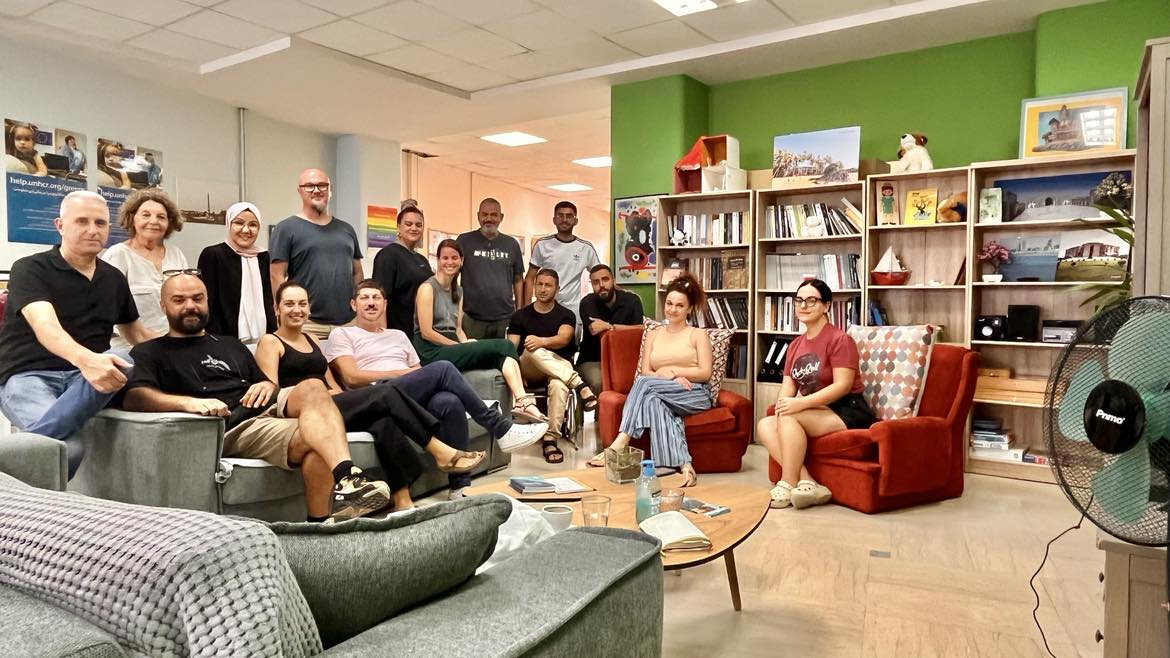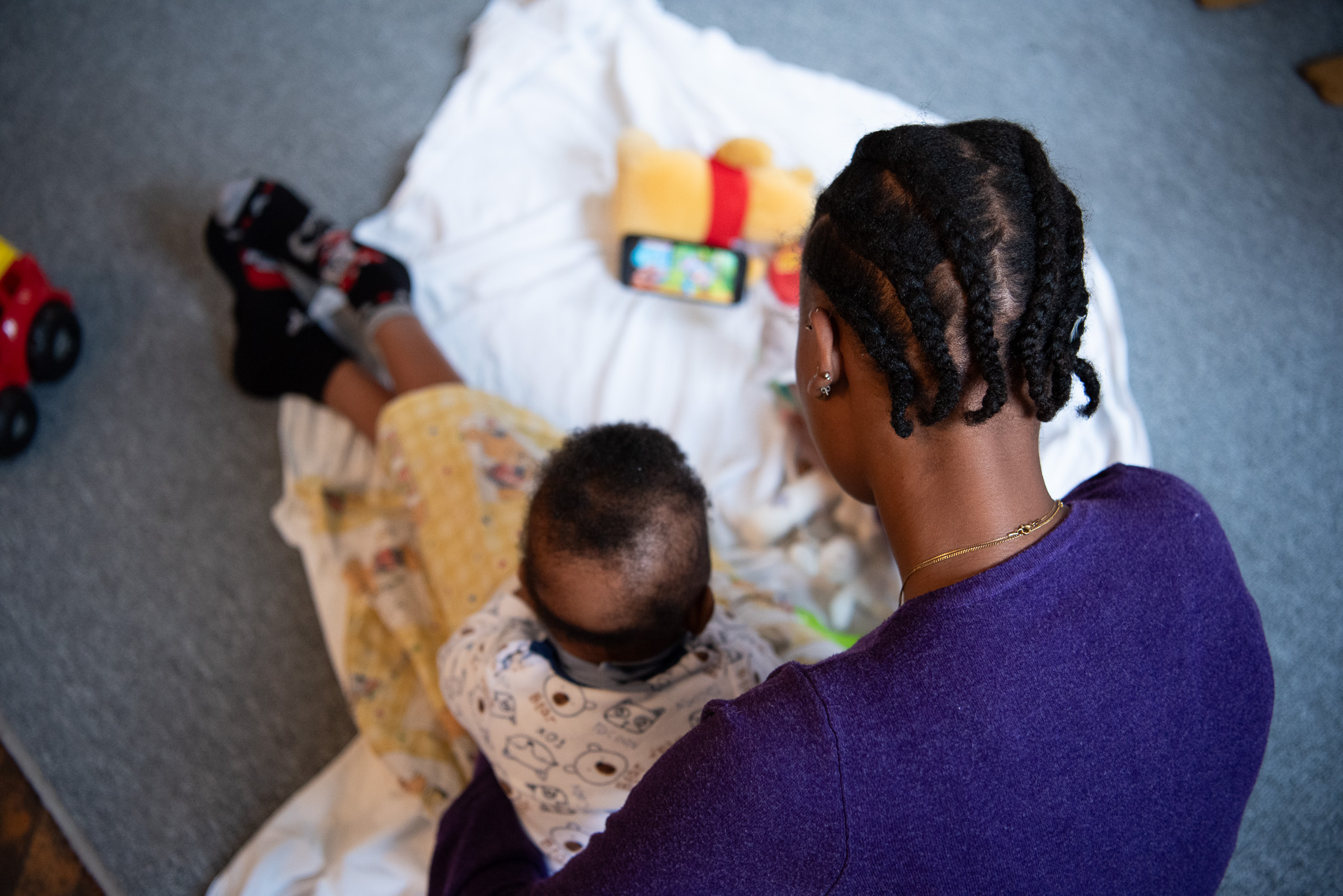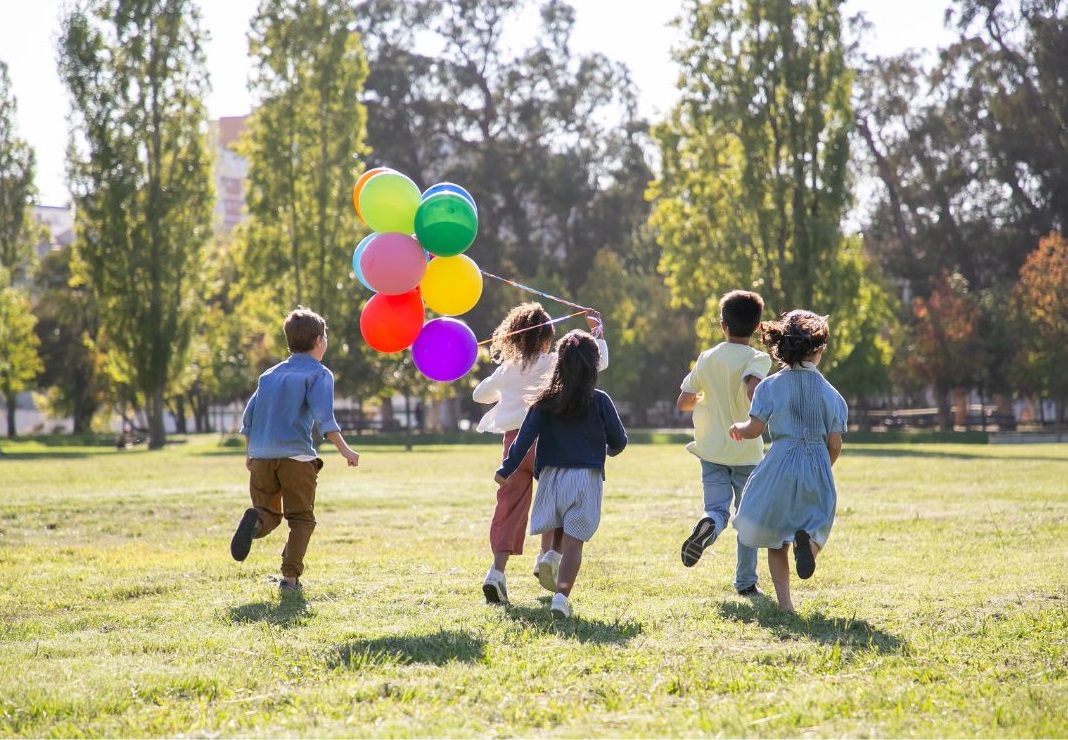The Centre for Gender Studies of Panteion University of Social and Political Sciences organized on March an Online Guest Lecture and an Online Policy Discussion Panel on the second theme of ProGender project which is about the impact of Covid-19 on Gender-based violence (GBV).
The first event in this thematic area, the Online Guest Lecture entitled “Exacerbating an already dangerous problem: Gender-based violence in COVID times”, took place on March 16, 2021. The guest speaker Brynja Elísabeth Halldórsdóttir (Assistant Professor, Department of Education and Diversity, School of Education, University of Iceland) is part of a team that do a research project on Immigrant Women’s Experiences of Violence (IWEV) in Iceland, which is based on a survey on intimate partner violence and employment- based violence. From January 2020 to March 2021, they conducted analyses on media representations of GBV, collecting newspaper articles in order to research how the Icelandic newspapers and media in general relate to GBV and the pandemic. They searched for key words such as “domestic violence”, “violence against women”, “intimate partner violence”, “gender-based violence” and only 191 articles fitted to the above key words. Only 6 references were about the relation of GBV with Covid-19, but 15 articles were focused on shelters for the protection of women victims of GBV.
Results showed that during the pandemic, the government increased the funding on domestic violence and the psychological services for victims. Workers from shelters and other services for victims of GBV were invited to give interviews in newspapers and special television programs and there were 4 radio broadcasts focused on intimate partner violence and domestic violence that were on the national radio, over the last year. The chief of police was invited to announce the violence reports in the daily briefing.
Despite the debate in the media, there were fewer cases of immigrant women reporting GBV to the police than Icelandic women, but at the same time, there were more migrant women staying at shelters. Also, there was a lack of services outside the larger municipality areas and consequently there were no media reports outside the Reykjavik and Akureyri. The so-called Nordic Paradox is that even though there is high representation of women in parliament, businesses, power positions, and strong feminist movements at the same time there is gender inequality.
The second event, the Online Policy Discussion Panel entitled “Gender-based violence during COVID-19: Challenges and Responses”, took place on March 29, 2021. The participants engaged in a discussion of gender impacts of the pandemic in Greece, in Norway and in Iceland.
- Marta Goðadóttir (Head of Communication, National Committee UN Women Iceland) pointed out to the global impact of Covid-19. She mentioned that 243 million women and girls were abused by an intimate partner in 2020 and for every three months during the lockdowns, 15 million women were expected to be affected by GBV.
- Linda Rustad (Director of Kilden, National Knowledge Center for Gender Research in Norway) presented a research project they did last year from May to June 2020. One of the main findings was that at the beginning the authorities told people to avoid contact with the health services in order not to overstrain the health care system, and that caused women who were victims of domestic violence to avoid contact with shelters for women victims of GBV and all the supporting services, such as the police.
- Matina Papayannopoulou (Sociologist/ Criminologist, Gender Equality Expert in Greece) presented data from Greece about the increase of GBV during the first wave of the pandemic. The SOS helpline 15900 has received totally 1769 calls in April, while the number of calls in March was 325. For domestic violence calls were almost four times more compared in March, when 166 calls were recorded. Counseling centers adopted the new conditions and made telephone support sessions and also had electronic communication. She pointed out that the government should integrate a gender perspective and prioritize the prevention of GBV, enable NGOs and women’s organizations to participate in decision making process regarding pandemic response and support vulnerable women groups, such as women with migration status who have not access to public health services.
- Sissi Vovou (Representative of Greek Feminist Collective of women rights “To Mov” in Greece) mentioned the lack of advertising campaigns on GBV during the second lockdown, as violence still exists. Also she pointed out to the GBV victims cannot seek help because of the restrictions of movement. She underlined the major problems refugees and migrant women face in the detention centers and briefly mentioned the revisions in the family law related to the custody of children that the feminist movement has criticized.
- Sigþrúður Guðmundsdóttir (Managing Director of Women’s Safe Shelter in Iceland) mentioned that during the pandemic the number of police calls increased 25 % more than the previous years. Two women were killed on March and April 2020, respectively and there was a risk awareness of Violence against Women. The pandemic changed the pattern of reaction and how people respond to violence.
- Anna Michalakeli (Project Manager at “DIOTIMA” Centre for Women’s Study and Research in Greece) underlined the impact of the Covid-19 crisis on refugees and asylum seekers in Greece. The pandemic has affected disproportionally women and girls, who have been displaced. Particularly vulnerable groups of migrants and asylum seekers who are forcing to live in refugee camps in poverty with the trauma of war, the gender inequality and the coronavirus at the same time.
The public events of ProGender project continue with the theme “Women and Gender in Science” on Monday 12 April and on Monday 26 April.
ProGender: A Digital Hub on Gender, the Covid-19 Crisis and its Aftermath, is funded by the European Economic Area (EEA) Financial Mechanism 2014-2021 (EEA Grants 2014-2021). The EEA Grants represent the contribution of Iceland, Liechtenstein and Norway towards a green, competitive and inclusive Europe. There are two overall objectives: reduction of economic and social disparities in Europe, and to strengthen bilateral relations between the donor countries and 15 EU countries in Central and Southern Europe and the Baltics. The three donor countries cooperate closely with the EU through the Agreement on the European Economic Area (EEA). For the period 2014-2021, the EEA Grants amount to €1.55 billion.
The video of the events are uploaded on Facebook page @ProGenderproject
For further details
email [email protected] και
Facebook https://www.facebook.com/ProGenderproject
Ιnstagram https://www.instagram.com/progenderproject
Twitter https://twitter.com/ProGender_hub
